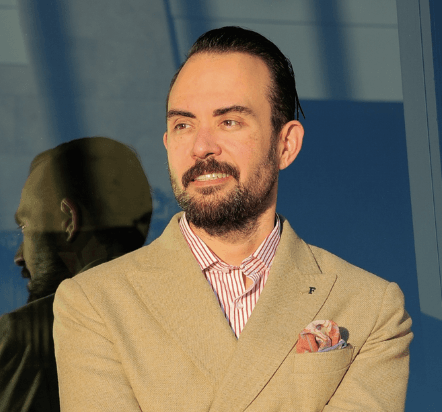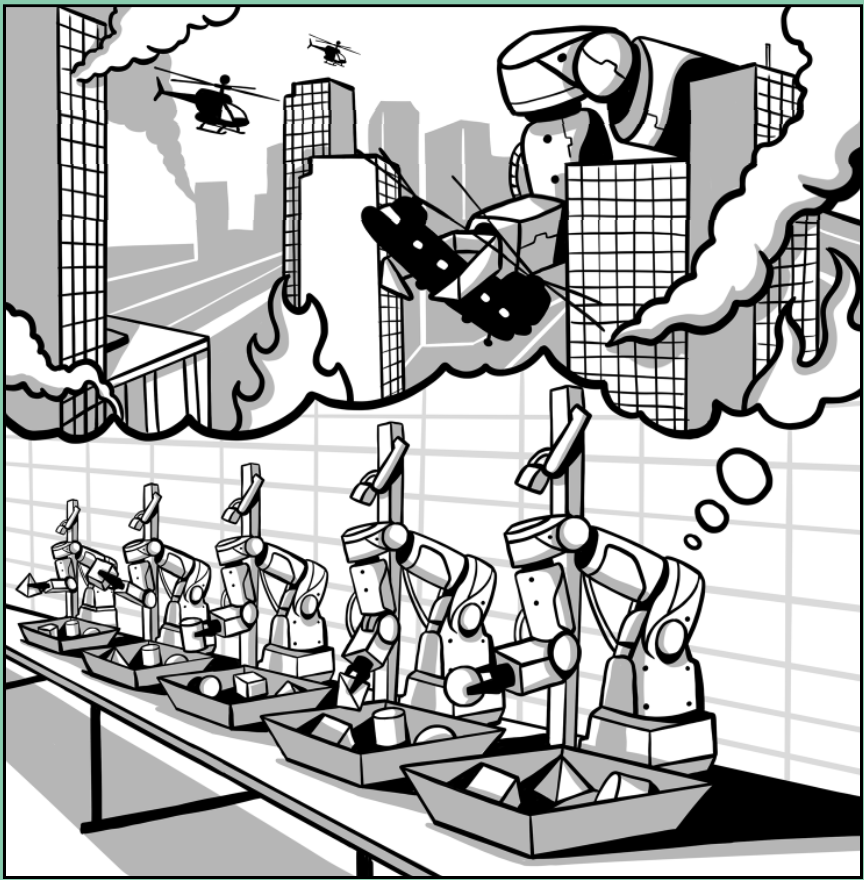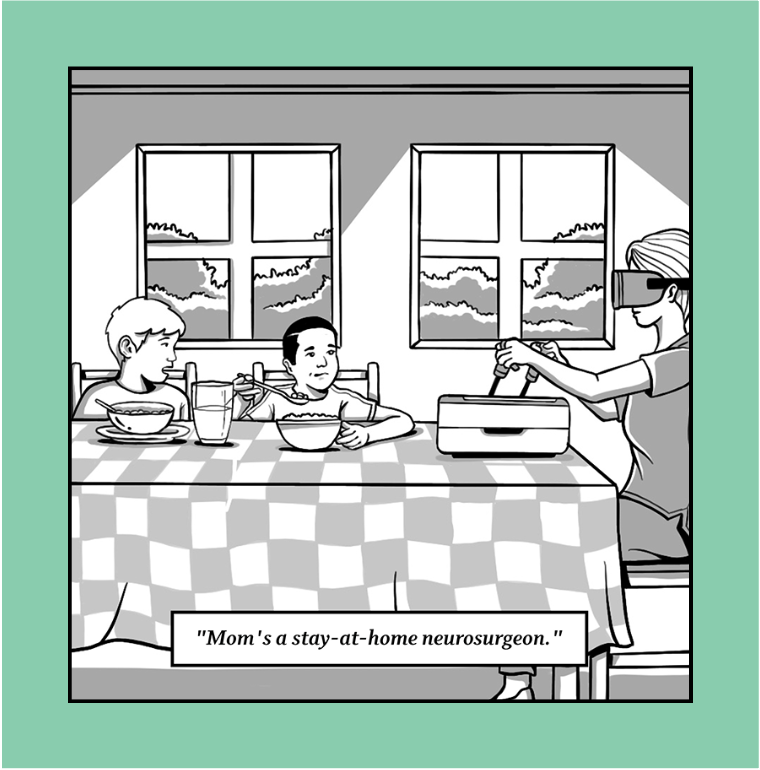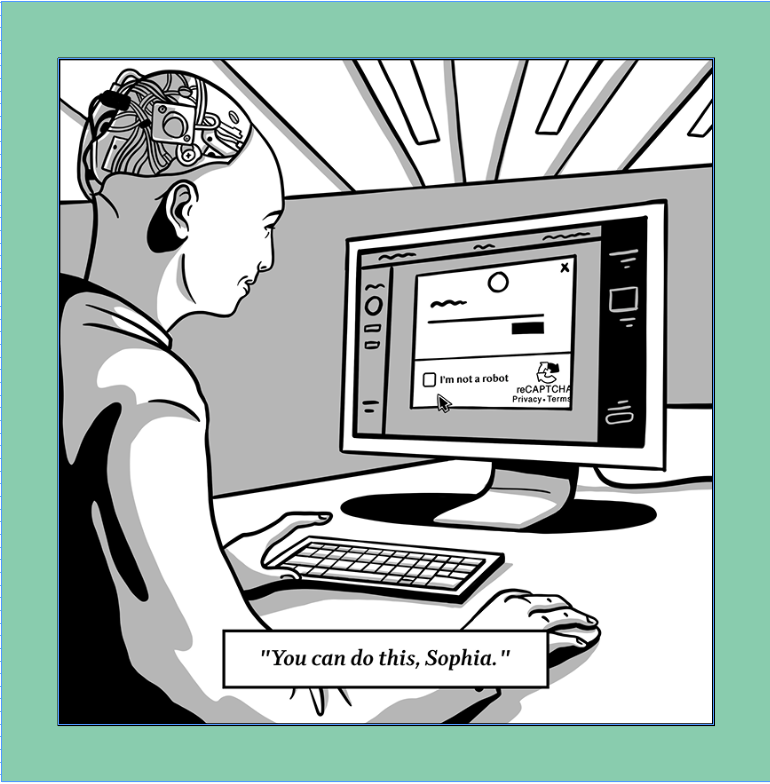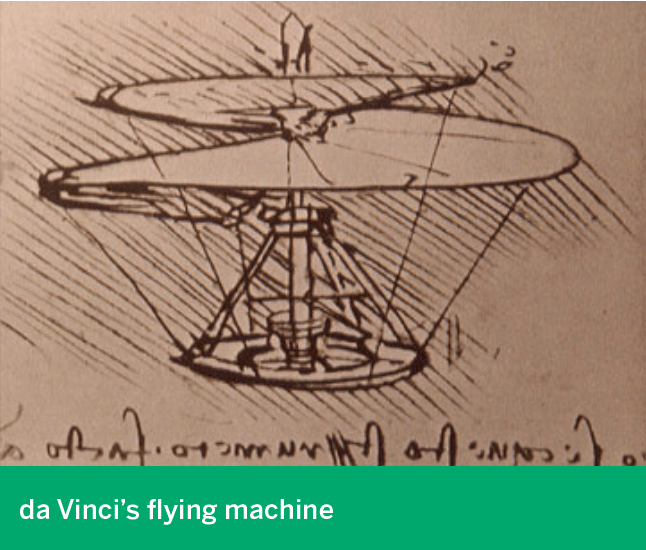A Future Without Free Will
The convergence of biology and technology could take control of the human mind, warns futurist
The myth of free will is destined to crumble when machines know people better than people know themselves, predicts Israeli historian and philosopher Yuval Noah Harari. That’s the moment when humanity will cede authority to algorithms, he maintains.
In his latest best-seller, 21 Lessons for the 21st Century, Harari explores what he views as some of the greatest challenges and choices affecting politics, technology and society.
Harari’s ideas have inspired admiration in distinguished circles. Microsoft founder Bill Gates described Harari’s new book as “fascinating.” Twitter co-founder and CEO Jack Dorsey said of Harari, “I’m drawn to Yuval for his clarity of thought.”
The following collection of excerpts comes from “The Technological Challenge,” which is Part One of Harari’s new book.
The liberal belief in the feelings and free choices of individuals is neither natural nor very ancient. For thousands of years, people believed that authority came from divine laws rather than from the human heart, and that we should therefore sanctify the word of God rather than human liberty. Only in the last few centuries did the source of authority shift from celestial deities to flesh-and-blood humans.
Soon authority might shift again—from humans to algorithms. Just as divine authority was legitimized by religious mythologies, and human authority was justified by the liberal story, so the coming technological revolution might establish the authority of Big Data algorithms, while undermining the very idea of individual freedom.
Though liberalism is wrong to think that our feelings reflect free will, up until today relying on feelings still made good practical sense. For although there was nothing magical or free about our feelings, they were the best method in the universe for deciding what to study, whom to marry, and which party to vote for. And no outside system could hope to understand my feelings better than me. Even if the Spanish Inquisition or the Soviet KGB spied on me every minute of every day, they lacked the biological knowledge and the computing power necessary to hack the biochemical processes shaping my desires and choices. For all practical purposes, it was reasonable to argue that I have free will, because my will was shaped mainly by the interplay of inner forces, which nobody outside me could see. I could enjoy the illusion that I controlled my secret inner arena, while outsiders could never really understand what was happening inside me and how I make decisions.
Accordingly, liberalism was correct in counseling people to follow their hearts rather than the dictates of some priest or party apparatchik. However, soon computer algorithms might be able to give you better counsel than human feelings. As the Spanish Inquisition and the KGB give way to Google and Baidu, “free will” likely will be exposed as a myth, and liberalism might lose its practical advantages.
For we are now at the confluence of two immense revolutions. Biologists are deciphering the mysteries of the human body, and in particular of the brain and human feelings. At the same time, computer scientists are giving us unprecedented data-processing power. When the biotech revolution merges with the infotech revolution, it will produce Big Data algorithms that can monitor and understand my feelings much better than I can, and then authority will probably shift from humans to computers. My illusion of free will is likely to disintegrate as I daily encounter institutions, corporations, and government agencies that understand and manipulate what was until now my inaccessible inner realm.
To put it succinctly, we can use the following formula: B x C x D = ahh!
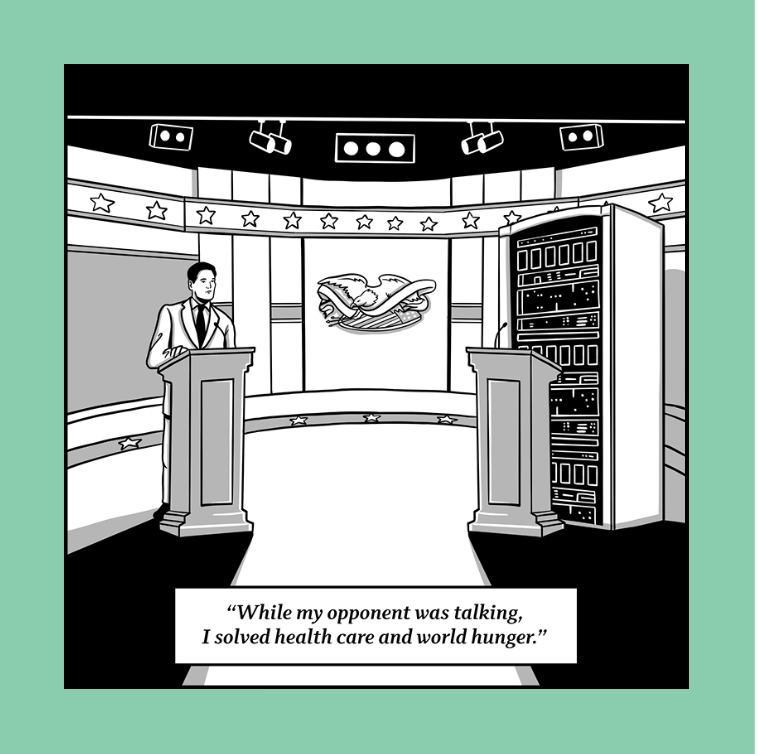
Biological knowledge multiplied by Computing power multiplied by Data equals Ability to Hack Humans.
As you surf the web, watch YouTube or read your social media feed, the algorithms will discreetly monitor you, analyze you, and tell Coca-Cola that if it wants to sell you some fizzy drink, it had better use the advertisement with the shirtless guy rather than the shirtless girl. You won’t even know. But they will know, and such information will be worth billions.
As scientists gain a deeper understanding of the way humans make decisions, the temptation to rely on algorithms is likely to increase. Hacking human decision-making not only will make Big Data algorithms more reliable but also will simultaneously make human feelings less reliable. As governments and corporations succeed in hacking the human operating system, we will be exposed to a barrage of precision-guided manipulation, advertisements and propaganda. It might become so easy to manipulate our opinions and emotions that we will be forced to rely on algorithms in the same way that a pilot suffering an attack of vertigo must ignore what his own senses are telling him and put all his trust in the machinery.
In some countries and in some situations, people might not be given any choice, and they will be forced to obey the decisions of Big Data algorithms. Yet, even in allegedly free societies, algorithms might gain authority because we will learn from experience to trust them on more and more issues, and we will gradually lose our ability to make decisions for ourselves. Just think of the way that within a mere two decades, billions of people have come to entrust the Google search algorithm with one of the most important tasks of all: searching for relevant and trustworthy information. We no longer search for information. Instead, we google. And as we increasingly rely on Google for answers, so our ability to search for information by ourselves diminishes. Today, “truth” is already defined by the top results of the Google search.
As authority shifts from humans to algorithms, we may no longer view the world as the playground of autonomous individuals struggling to make the right choices. Instead, we might perceive the entire universe as a flow of data, see organisms as little more than biochemical algorithms and believe that humanity’s cosmic vocation is to create an all-encompassing data-processing system—and then merge into it. We are becoming tiny chips inside a giant data-processing system that nobody really understands. Every day, I absorb countless data bits through tweets and articles, process the data, and transmit back new bits through more tweets and articles. I don’t really know where I fit into the great scheme of things, or how my bits of data connect with the bits produced by billions of other humans and computers. I don’t have time to find out, because I am too busy answering all these emails.

Digital dictatorships are not the only danger awaiting us. Alongside liberty, the liberal order has also set great store by the value of equality. Liberalism always cherished political equality, and it gradually came to realize that economic equality is almost as important. For without a social safety net and a modicum of economic equality, liberty is meaningless. But just as Big Data algorithms might extinguish liberty, they might simultaneously create the most unequal societies that ever existed. All wealth and power might be concentrated in the hands of a tiny elite, while most people will suffer not from exploitation but from something far worse—irrelevance.
If we want to prevent the concentration of all wealth and power in the hands of a small elite, the key is to regulate the ownership of data.
The race to obtain the data is already on, headed by data giants such as Google, Facebook, Baidu and Tencent. So far, many of these giants seem to have adopted the business model of “attention merchants.” They capture our attention by providing us with free information, services and entertainment, and they then resell our attention to advertisers. Yet the data giants probably aim far higher than any previous attention merchant. Their true business isn’t to sell advertisements at all. Rather, by capturing our attention they manage to accumulate immense amounts of data about us, which is worth more than any advertising revenue. We aren’t their customers—we are their product.
Ordinary humans will find it very difficult to resist this process. At present, people are happy to give away their most valuable asset—their personal data—in exchange for free email services and funny cat videos. It’s a bit like African and Native American tribes who unwittingly sold entire countries to European imperialists in exchange for colorful beads and cheap trinkets.

